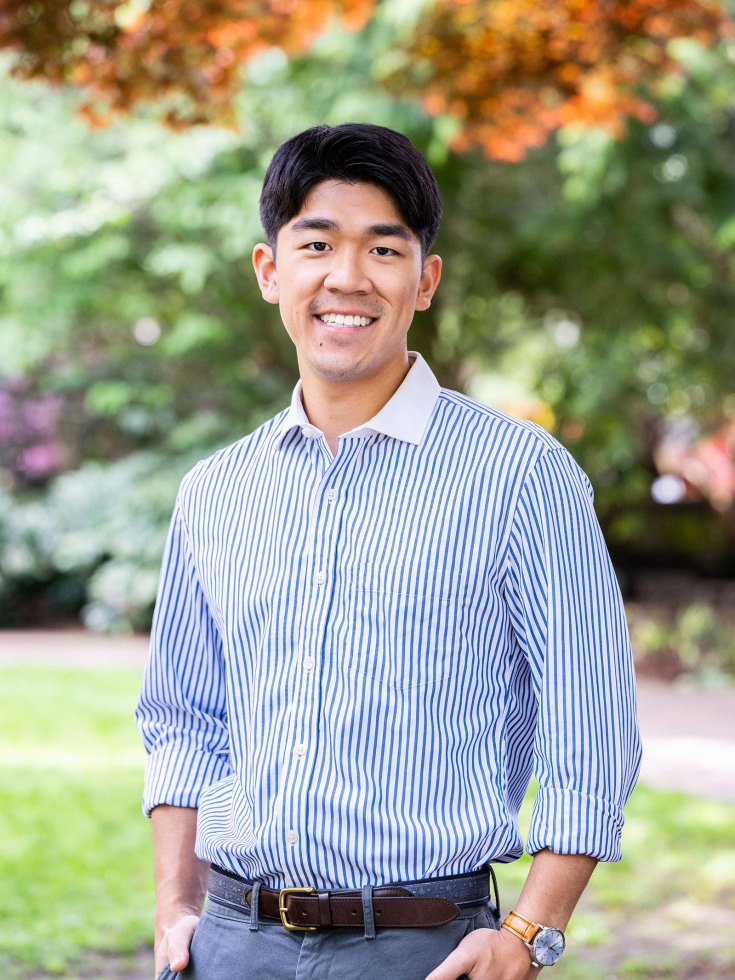PROVIDENCE, R.I. [Brown University] — Twenty-five recent Brown alumni and three current graduate students have received Fulbright awards for the 2022-23 academic year to conduct independently designed research projects or teach English in locations across the globe.
Brown has ranked as one of the top two student Fulbright producers in the nation for the past six years, earning the highest spot on the list in 2021, 2018, 2017 and 2016, and the No. 2 rank in 2019 and 2020. The U.S. Department of State, which oversees the Fulbright U.S. Student Program, will release data for the 2022-23 award cycle next spring.
Founded in 1946, the Fulbright program promotes international peace through intellectual and cultural exchange. Applicants are selected based upon their academic and professional records, the quality and achievability of their proposals, and their capacity to engage culturally with their host communities.
"We are extremely proud of our Fulbright winners and all those who applied for the Fulbright this year,” said Linda Dunleavy, Brown’s associate dean of the College for fellowships. “The University's Fulbright program harnesses the innovation, global consciousness and commitment to impactful practice that Brown's unique curriculum cultivates."
Brown’s newest cohort of Fulbright winners submitted project proposals to teach and research in more than a dozen countries across Asia, Latin America and Europe. Teaching placements include elementary schools, high schools and universities, where awardees will provide classroom instruction and share cultural perspectives between the U.S. and their host countries. Research award recipients will pursue projects in a range of academic fields, from architecture to law and Asian studies.
Brown Class of 2022 graduate Lucas Kuan’s project will take him to the Paris Institute of Political Studies, where he will work with faculty to investigate the cultural integration of French Asians. His goal is to find some measure of how “culturally French” different generations of French Asians feel, and whether those feelings are reflected in voting rates, how closely they follow national politics, and other metrics of political participation.
